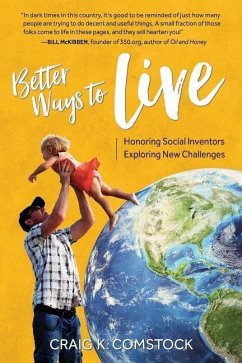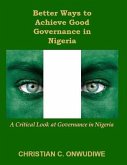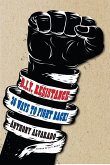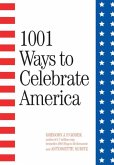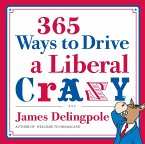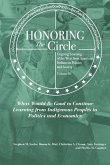Everybody knows what a physical invention is, but what is a social invention? On the community level, it can be as simple as a story-telling evening or an "abundance swap," both among the many examples described here. On the global level, the Peace Corps was a social invention. "Better Ways to Live" celebrates many successful social inventions, and explores challenges that invite new ways of working together. It's a form of creativity, inventing the social forms that enrich our lives. The great thing about social inventions is that anybody can borrow the ideas. During his famous trip to the U.S., Alexis de Tocqueville, author of "Democracy in America," praised our right of free association and community empowerment. Through stories of notable social inventions, and exploration of new challenges, "Better Ways to Live" invites us to extend our communal success.
Hinweis: Dieser Artikel kann nur an eine deutsche Lieferadresse ausgeliefert werden.
Hinweis: Dieser Artikel kann nur an eine deutsche Lieferadresse ausgeliefert werden.

